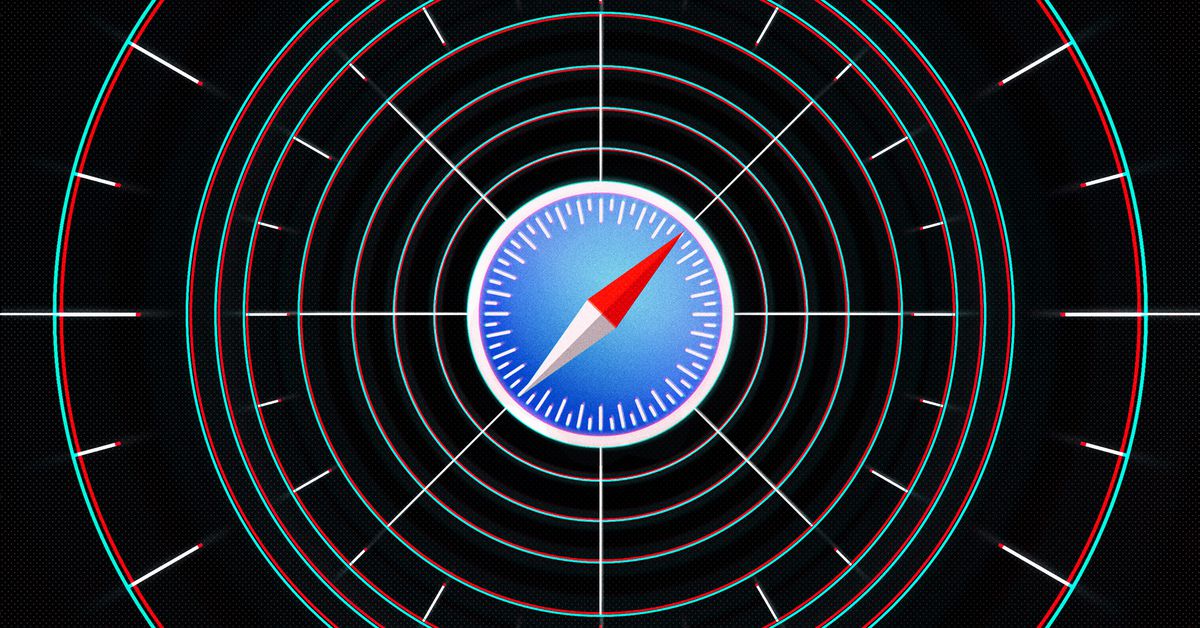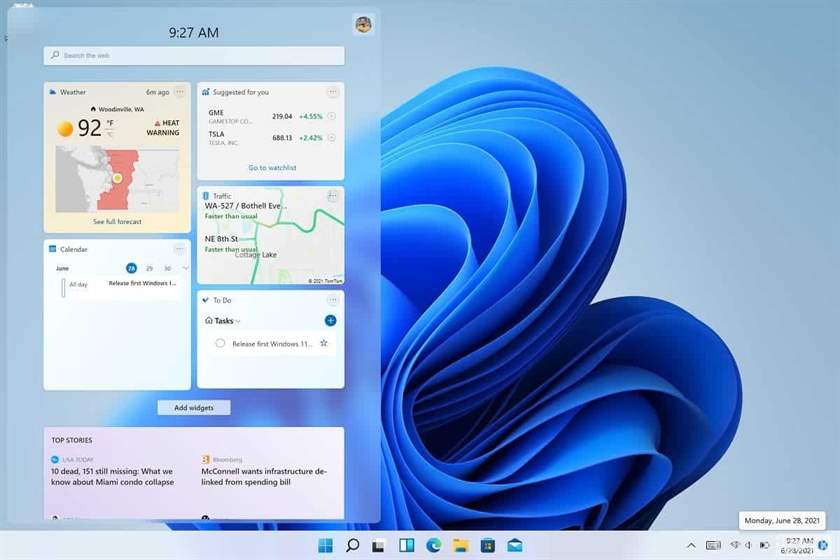Many virtual private network providers lead you into thinking that you need a VPN at all times for everything you do online, that it will keep you anonymous and let you access everything on the internet. Most of that is an exaggeration.
While there are various misconceptions about what VPNs can actually do (thanks in no small part to the marketing tactics of some VPN companies themselves), there are still many reasons to use a VPN. But is a VPN actually worth it these days? After all, big tech companies like Google, Amazon and Meta already know virtually everything about you, most websites now use the HTTPS security protocol and popular streaming services like Netflix, Disney Plus and Max are accessible in many more regions than they used to be.
The truth is, a VPN are worth it for some people, but perhaps not for others. Whether a VPN is worth it for you depends on a lot of different factors, like your occupation, what you do online, where you live, where you travel and the performance of your internet connection.
If all you’re doing is casually browsing the internet at home on your own secure Wi-Fi network, then a VPN won’t necessarily be worth it. If you want to access geographically restricted content online, then a VPN is worth it. If you want to keep your browsing activity hidden from your internet service provider or other data snoops, a VPN is worth it. If your ISP is throttling your internet connection, then a VPN is worth it. If you’re a journalist, attorney, physician, activist or anyone with critical online privacy needs, a VPN is worth it. A VPN can deliver many benefits to both casual users as well as privacy-critical users, but you’ll have to decide for yourself if a VPN is worth it for you.
What does a VPN do?
A VPN is privacy software that routes your internet connection through an encrypted tunnel to a secure server in another location. In doing so, the VPN does two main things: It encrypts your internet traffic and masks your IP address. By encrypting your internet traffic, the VPN hides your online activity from your ISP, network administrators, government entities, hackers and anyone else trying to decipher what you’re up to online. Because the VPN routes your traffic through a remote server, your real IP address is concealed so the sites you visit and the apps you use register only the IP address (and therefore, location) of the VPN server you’re connecting through.
Who should use a VPN?
Although VPNs are versatile and have many benefits, they’re just one piece of the digital privacy/security puzzle. A VPN won’t make you completely anonymous online, and it can’t protect your device from malware like an antivirus program can. It also can’t make you enable multifactor authentication on your online accounts or stop you from entering your personal data into a phishing site. A VPN is not a silver bullet for all of your online privacy and security needs, but it can be a helpful privacy tool for many people and in many different circumstances.
If you value your online privacy in any way, then a VPN is a worthwhile tool to have in your digital toolkit. A VPN can help keep your ISP from monitoring your online activity and seeing what websites you’re visiting, thus preventing it from collecting and sharing all kinds of information about you to third parties.
It’s not just about keeping your browsing data out of your ISP’s sight. A VPN can help protect you in more privacy-critical situations as well. If you’re in a region with pervasive internet surveillance and censorship, especially during times of civil unrest, a VPN is absolutely essential. Not just for your privacy but also for your ability to communicate with the outside world. With a VPN, you can bypass government firewalls that block access to websites and communication tools like WhatsApp, Messenger, X, Zoom, Instagram and others that would otherwise be inaccessible, all while hiding your activity from government entities. This makes a VPN an important tool for people like investigative journalists, activists or dissidents. Even if your situation isn’t quite as critical and you just want to get past the firewall at your school to access blocked sites and optimize your learning potential, a VPN can help.
A VPN offers many benefits for travelers as well. If you travel a lot and use public Wi-Fi, then it’s worth it to get a VPN because it can help protect your privacy on unsecured public networks. Although using public Wi-Fi doesn’t pose as great of a risk as it did in the past thanks to the widespread implementation of HTTPS across websites, a VPN can fill in the gaps where HTTPS falls short. For instance, HTTPS only encrypts browser traffic, so any unencrypted data you’re transmitting on your device from other apps you’re using may be at risk. Also, network admins can still log data like your IP address, and your device’s MAC address, as well as information like the timestamps associated with your online activity and the websites you visit (but not the specific pages or any information you might enter into fields on those pages). A VPN encrypts all of your traffic on your entire device and conceals your IP address, delivering a far greater level of privacy than you’d get from HTTPS alone.
While you’re traveling, you also may want to watch streaming content from your home library on services like Netflix that may otherwise be blocked from abroad. Because a VPN changes your IP address to the IP of the VPN server you’re connecting through, you can trick the websites you visit and apps you use into thinking you’re in a different location. This can help you access geographically restricted content from all over the world, whether you’re traveling and want to stream your favorite movies and shows as if you’re sitting on your couch at home or if you’re at home and want to access international streaming content that’s otherwise unavailable on your home network.
A VPN can be worth getting for many other use cases as well. If you’re a gamer, a VPN might help lower your ping by allowing you to route your connection through VPN servers that are close to your game’s data centers. A VPN can even help prevent your ISP from intentionally throttling your internet connection, which is a plus for gaming and other use cases like streaming, torrenting and videoconferencing. Keep in mind that in most cases a VPN will slow your internet speeds somewhat, often by 50% or more. So if your base internet speeds are unbearably slow to begin with, a VPN may render your internet unusable. In this case, a VPN wouldn’t be worth using. If you’re using a fast VPN and have decent base internet speeds, you’ll probably hardly even notice a difference in performance.
Only you can decide if a VPN is worth it for you
If you relate to any of the use cases I mentioned above, then there’s a good chance that a VPN is worth it for you. If none of them particularly apply to you, then you don’t necessarily need a VPN.
Either way, the best VPNs are incredibly easy to use and can be quite budget-friendly as well. A good VPN will usually cost you anywhere from about $5 to $15 for a monthly plan, or anywhere from $40 to $100 for a yearly plan. Or if you just want general online privacy and aren’t too concerned with torrenting or unblocking streaming content, then you can even use Proton VPN for free. Proton’s free tier (unlike many free VPNs) is safe to use and imposes no usage restrictions.
A VPN can be something you use occasionally or something you use every day every single time you go online. Ultimately, it’s up to you to decide whether a VPN is worth it for you based on your budget, what kinds of things you do on the internet and what level of privacy you need online. If you’re on the fence, I’d recommend trying a few VPNs to see if they’re something you’d use enough to justify the purchase. Most VPNs offer a money-back guarantee, so there’s little risk in trying.
Note: This article have been indexed to our site. We do not claim legitimacy, ownership or copyright of any of the content above. To see the article at original source Click Here













